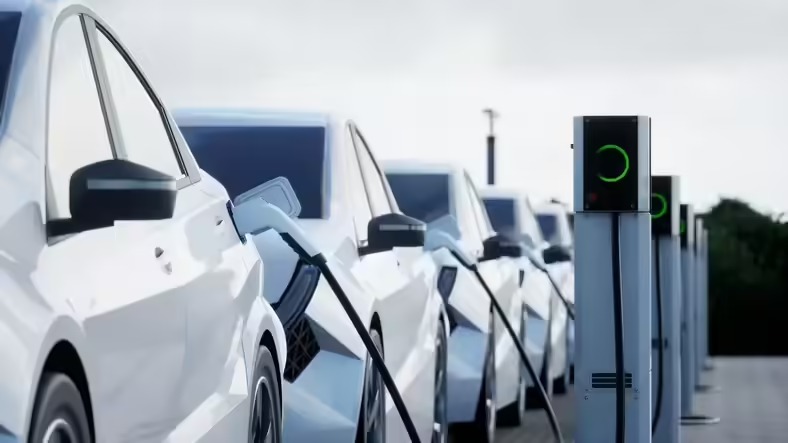India is lagging behind in EV manufacturing
India has failed to make electric cars ‘Made in India’. Indian companies are mainly dependent on China to manufacture electric cars. The dependency is so high that only 13 percent of electric cars sold in India, or 6 out of every 46 cars, are eligible for rebates under the Indian government’s Production Linked Incentive (PLI) scheme, According to a report. This is because the PLI scheme allows for value addition of Indian materials in the production process, but only 13 percent of EVs. This is not happening in the remaining 87 percent of cars. The components of these cars are imported from abroad. The lion’s share of these imports is from China.
The Ministry of Heavy Industries has announced that automobile companies and auto component companies will have to add at least 50 percent domestic value added to their products under the PLI scheme, which will come into effect in September 2021. They will also have to follow a phased production plan like the FAME-II scheme. However, the government has eased the import of battery cells. It allows up to 40 percent domestic value added.
Sources said that six cars have been selected for the scheme. Out of these, five are from Tata Motors and one from Mahindra & Mahindra. All other models sold in India have an import share of more than 60 percent. The models that have benefited from the PLI scheme are the Tata Panch, Nexon, Harrier SUV, Tiago and Tigor, and Mahindra’s XEV9. Local component manufacturing in India is still in its infancy, making it difficult for companies to meet these standards. Most EV car manufacturers import components from China and Taiwan. These include lithium-ion battery cells, rare earth magnets, DC motors, laminated stators, semiconductor chips, printed circuit boards, etc.





